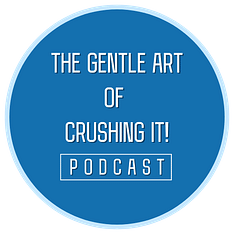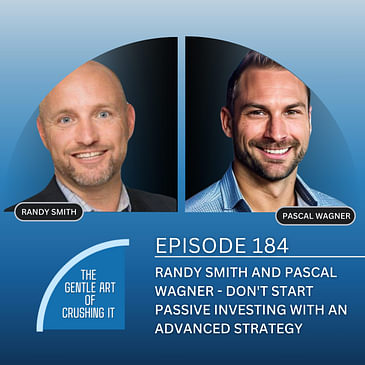Pascal Wagner is the CEO at Grow Your Cashflow which helps highly-paid executives earn their first $50k/Yr in passive income with alternative investments. Navigating through the complexities of managing his mother's estate after his dad passed away, while juggling a demanding fund manager role at Techstars and overseeing his own real estate portfolio, Pascal shifted from active to passive investing. This was pivotal, transforming his passive income streams from $0 to an impressive $265k/year.If you're poised to build your own passive income and are seeking knowledgeable, actionable guidance, join over 400 subscribers at GrowYourCashflow.io.
Connect with our host, Randy Smith, for more educational content or to discuss investment opportunities in the real estate syndication space at www.impactequity.net, https://www.linkedin.com/in/randallsmith or on Instagram at @randysmithinvestor
Follow us on social media @the.gentle.art.of.crushing.it
Listen, like, subscribe, comment: http://thegentleartofcrushingit.com/





